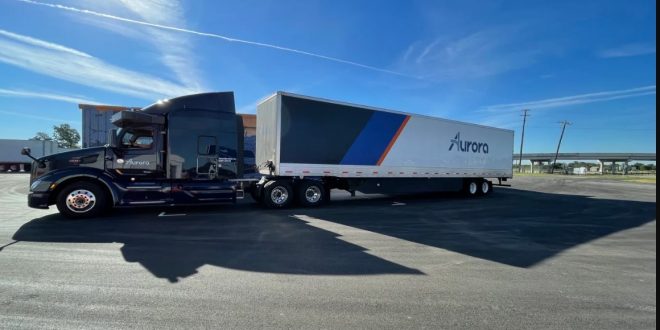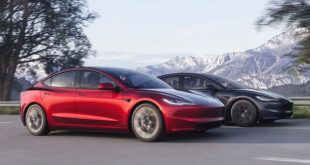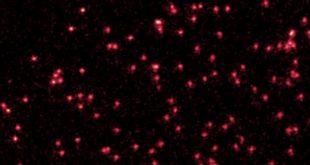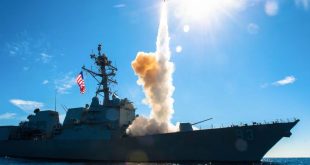According to sources with knowledge of the situation, Aurora Innovation, a company that develops autonomous vehicles, recently made the decision to lay off several employees. This move comes as the company continues to work towards its goal of launching a “driverless” self-driving trucks business by the end of 2024. The Pittsburgh-based company, with additional facilities in California, Colorado, Texas, and Montana, has recently acknowledged that a small portion of its workforce was let go earlier this year after conducting an organizational review.
According to the company, Aurora had approximately 1,800 employees by the end of 2023.
According to an emailed statement from Aurora’s senior vice president of people, Cristopher Barrett, the entire organization was recently reviewed to ensure maximum effectiveness and speed in achieving our ambitious goals as we approach commercial launch. During this process, a small number of positions were cut, affecting 3 percent of our entire staff. Amidst the current market volatility, we have taken great care in managing our resources to mitigate any necessary measures. We deeply appreciate the valuable contributions made by these individuals and are fully committed to providing them with our support during this period of transition.
The layoffs occur as Aurora continues to advance its plans for deploying a fleet of self-driving trucks capable of navigating U.S. highways without human intervention. The company has announced its plans to launch up to 20 driverless Class 8 trucks by the end of 2024. At first, these autonomous trucks, with no human driver, will transport cargo between Dallas and Houston, a route that the company has been utilizing for testing purposes.
Aurora is collaborating with automotive supplier Continental on a project worth over $300 million to manufacture autonomous vehicle hardware for commercial self-driving trucks. Aurora recently completed the initial phase of the project, enabling Continental to focus on creating prototypes in preparation for its production launch in 2027.
Creating autonomous vehicle technology that meets the safety standards for public roads has proven to be a costly endeavor, resulting in many startups closing down or being acquired. The wave of consolidation began in 2020 and continued due to economic challenges until 2023.
Aurora, established in 2017 by former employees of Tesla, Uber, and Waymo, decided to go public in order to secure the necessary funding for the widespread implementation of their cutting-edge technology. Aurora went public in 2021 through a merger with a special purpose acquisition company initiated by Reid Hoffman, co-founder of LinkedIn, Mark Pincus, founder of Zynga, and Michael Thompson, managing partner.
Aurora has positioned itself as one of the few companies dedicated to bringing self-driving big rigs to the commercial market. Other companies, such as Kodiak Robotics, Torc Robotics, and Sweden’s Einride, are also involved in the development of self-driving trucks. However, the journey hasn’t always been without its challenges. The significant expenses associated with hiring engineers to create the technology, coupled with economic difficulties, have gradually eroded our capital.
In 2022, a leaked memo from Aurora CEO and co-founder Chris Urmson outlined various strategies to reduce costs and generate cash. These options included implementing a hiring freeze, spinning out assets, raising a small amount of capital, going private, or potentially selling the company to tech giants like Apple and Microsoft.
With a firm grasp on its financials, the company provided reassurance to investors that it had sufficient funds to sustain operations until mid-2024. While certain cost-cutting measures were implemented, the real breakthrough came in July 2023 when it successfully secured $820 million through a public and private stock offering.
The company stated that the stock sale would provide funding for its commercial launch in late 2024 and sustain it throughout 2025. In its third-quarter 2023 earnings report, Aurora restated its financial standing and expressed confidence that its total liquidity of $1.5 billion will be sufficient to facilitate its upcoming commercial launch and sustain operations until the latter part of 2025.
 Tech Gadget Central Latest Tech News and Reviews
Tech Gadget Central Latest Tech News and Reviews




